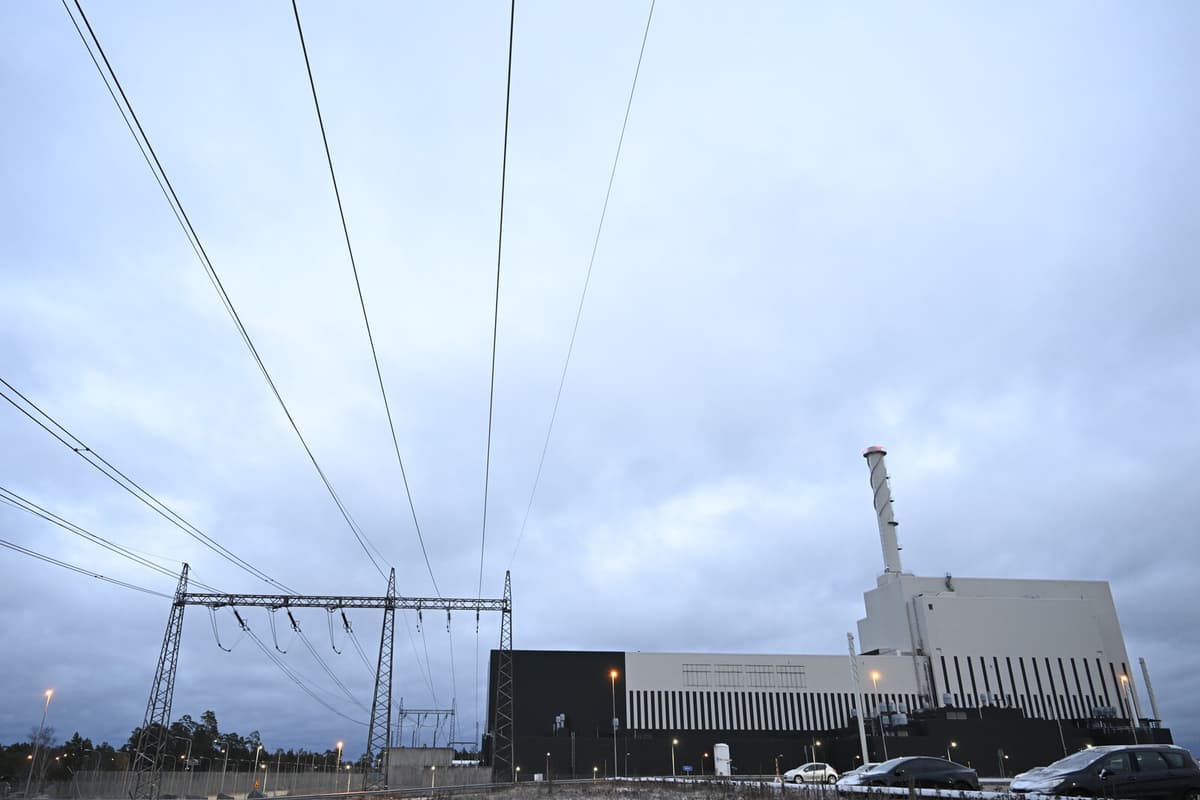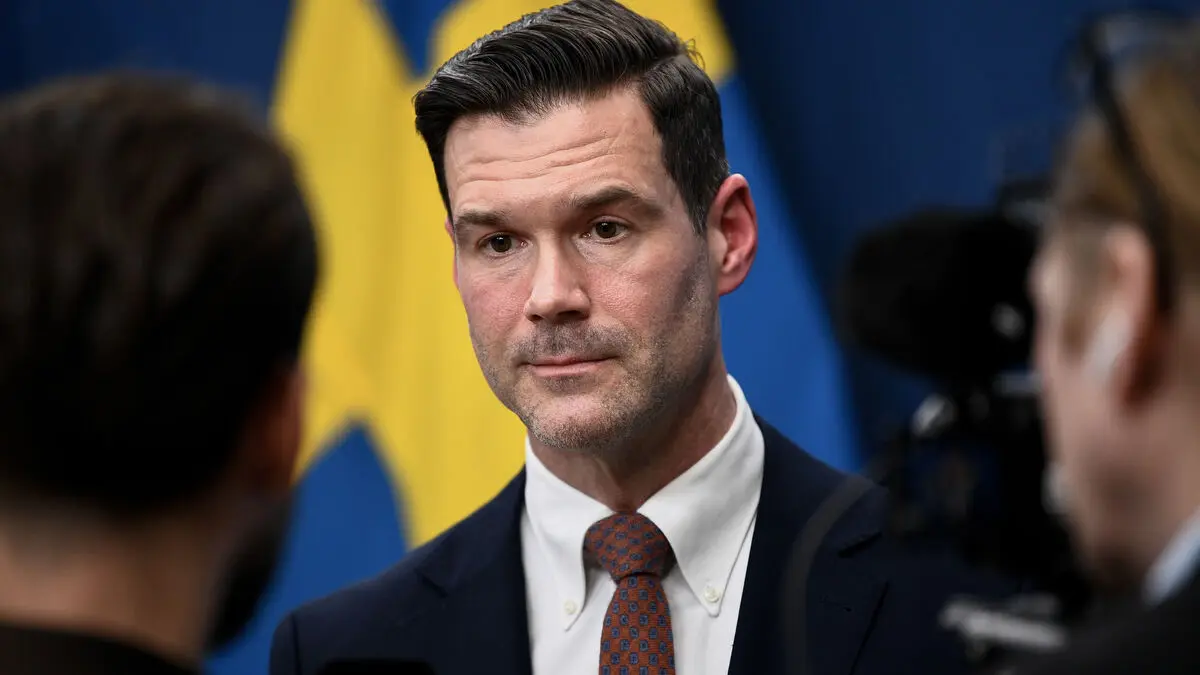The government has set a goal to have new nuclear power equivalent to two large-scale reactors in place by 2035.
To make this possible, an investigation proposes a new financing model. It consists of government loans, a price guarantee agreement – with a guaranteed price of 80 öre/kWh – and a risk- and profit-sharing mechanism.
In the proposed model, the state will provide loans of 300 billion kronor.
Several remitters criticize the investigation for not having been tasked with answering the fundamental question – whether it is socially motivated to subsidize nuclear power so heavily? Why not make the financing technology-neutral?
Must be investigated further
The Energy Markets Inspectorate (Ei), which is responsible for ensuring that energy markets function well, believes that the basis is too poor to assess whether the support level is reasonable, what the effects will be on the electricity market as a whole, and what the cost will be for society. Therefore, the authority rejects the entire proposal and demands more analysis.
One of the objections is that targeted support for specific power sources is generally less effective than technology-neutral support. Another is the price guarantee agreement, which guarantees 80 öre/kWh for 40 years.
"Ei sees an obvious risk that the proposal will dampen investments in other power sources," it says in the response.
This is something that several remitters warn about, for example Eon, the Swedish Environmental Protection Agency, Lokalkraft, which organizes local energy companies, and the Institute for Business Research.
Taking the risk
The Swedish Trade Union Confederation (LO) notes that nuclear power can be a solution to future electricity needs, but it must be done at a reasonable cost to society. LO warns that it will be Swedish electricity customers and taxpayers who will bear the risk. Therefore, LO believes that the new nuclear power should be state-owned.
The Competition Authority lacks sufficient arguments for why subsidized loans from the state are needed to the extent proposed. The Authority would rather have seen technology-neutral support and points out that the market and technological development that is underway may be hindered by large-scale, state-owned nuclear power support.
All remitters agree that electricity production needs to increase significantly over the next few decades. The country's most electricity-intensive companies in the forestry, mining, chemical, and steel industries (SKGS) are largely positive, but point out that wind power needs to be built out in the near future if industry's needs are to be met.
Fortum, which is a major nuclear power player, is also positive about the proposal. But the company does not rule out that similar measures may be needed to promote the development of other power sources.
Some of the investigation's proposals for state financing of new nuclear power:
The program includes four to five large-scale reactors, which together can produce 4,000-6,000 megawatts.
Building these is estimated to cost 400 billion kronor at today's prices, and of this, the state will provide 300 billion in loan capital and the owners will contribute 100 billion in equity capital.
An additional security for nuclear power owners is a price guarantee agreement. For 40 years, nuclear power companies will be guaranteed at least 80 öre/kWh in payment from the state.
A third component is a risk- and profit-sharing mechanism. It will be activated as needed, based on the outcome of a market valuation of the project company two years after the routine start of operations.






